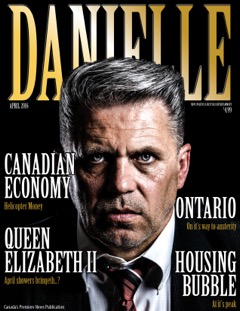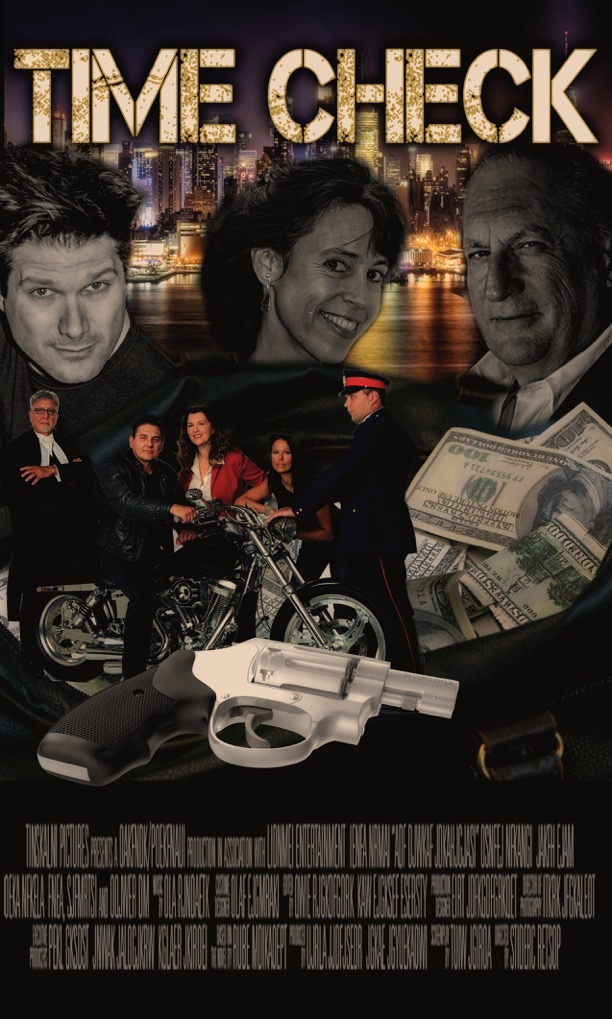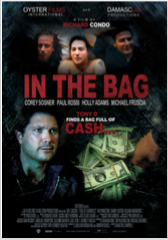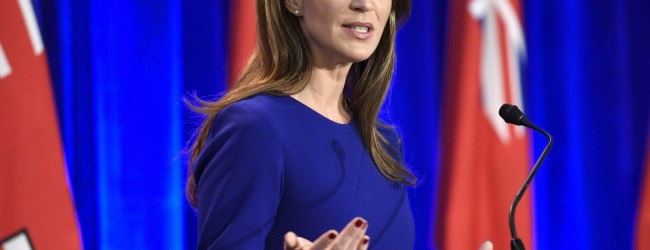On Wednesday, Canadian media learned of some tweaks to the federal carbon tax plan. And because the tweaks involve subsidizing production in certain heavy industries, to untrained eyes they seemed to constitute a pretty significant climbdown: how can you give heavy carbon-emitters a break without weakening your case for reductions as a moral and environmental imperative?
In fact, economists of various stripes hastened to explain, the tweaks are a perfectly reasonable way of encouraging companies to find more emissions-efficient methods of production, and of discouraging them from vamoosing to jurisdictions where their emissions might be cheaper, or free.
At the end of it all, though, I was most struck by how easy it was for people to imagine the Liberals were throwing in the towel.
From the time Justin Trudeau took office, Canadian media have tended to talk about the Liberal carbon tax plan as a fait accompli: provinces can complain all they like, but if Alberta or Saskatchewan or Ontario refuses to come up with a suitable plan, the feds will just swoop in and impose their backstop carbon price. Trudeau said he would, after all.
Renegade provinces certainly aren’t treating it as a fait accompli. On Thursday, Ontario Environment Minister Rod Phillips and Attorney-General Caroline Mulroney officially launched their constitutional challenge against the federal Greenhouse Gas Pollution Pricing Act — fulfilling a campaign promise to scrap the previous Liberal government’s cap-and-trade program and stand resolutely athwart any attempt by the Trudeau gang to replace it.
Ontario Premier Doug Ford pledged last month to intervene on behalf of Saskatchewan in that province’s reference case to its Court of Appeal. On Thursday Saskatchewan Justice Minister Don Morgan said he was “strongly considering” returning the favour. Manitoba has set a per-tonne carbon price below the federally mandated minimum and drawn a line in the sand. “Back off, or we’ll see you in court,” said Premier Brian Pallister. Mighty Prince Edward Island joined the fight last month as well, pledging to table a plan to meet reductions targets, but not one that would include a carbon price. Along with federal opposition leader Andrew Scheer, Alberta United Conservative Party leader Jason Kenney is one of the country’s most strident anti-carbon-tax voices. He is well positioned to become the province’s next premier.
The court challenges seem more likely to fail than succeed. But voters’ opinions on carbon pricing don’t seem to be based on the intricacies of federal-provincial relations — or indeed on any sturdy surface at all. A fascinating Ipsos poll conducted in Ontario in May found roughly half of respondents agreed that carbon taxes are effective at altering behaviour and combating climate change, and “are fair because they make sure that those who put carbon into the air pay for it.”
Yet 72 per cent of the same sample agreed that “carbon taxes in Ontario … are simply a tax grab”; 68 per cent that they are “a pointless symbolic gesture that will cost Ontarians a lot of money and do little for the world’s climate”; and 68 per cent that they “unfairly punish people who must commute by car to work.”
If you’re a populist politician hoping to ride an anti-Trudeau campaign to power, with carbon pricing as the lead villain, those are some pretty encouraging numbers. That’s precisely what Ford did in Ontario (though there’s no reason to believe carbon pricing was determinative). It’s what Kenney plans to do in Edmonton, it’s what Scott Moe plans to do in Regina and it’s what Scheer plans to do in Ottawa next year.
You shouldn’t bet anything on polls conducted more than a year out from an election. But according to CBC’s poll tracker, the federal Liberals and Conservatives have been more or less neck and neck ever since Trudeau’s cringe-a-minute India trip in February. For many voters, Trudeau’s 2015 charm now looks more like smarm. Neither he nor environment minister Catherine McKenna seem to have neutralized the populist appeal of opposing taxes — any taxes — or convinced a critical mass of Canadians that carbon pricing is worth supporting at the ballot box, not just in theory.
And even if it all goes the Liberals’ way, according to a report by Canada’s auditors-general released in March, they still won’t meet their own emissions targets.
Would Trudeau really risk his government on pounding home his carbon tax — in Ontario, especially? On insisting that provincial prices rise and rise and rise to $50 per tonne in 2022?
I offer no prediction. But if the Liberal Party of Canada has a soul, surely some significant chunk of it is on the line here. Trudeau and his impossibly earnest ministers have let down a lot of people since 2015. On myriad issues from reconciliation and democratic reform to Central American refugees, they are already alarmingly reliant on a core partisan belief: “When we fail, unlike the Conservatives, we at least mean well.”
Meaning well is worth exactly squat on any of those files. But only one of them involves what the Liberals have insisted is the very future of humankind.
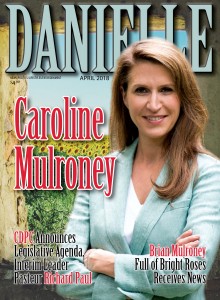
• Email: [email protected] | Twitter:







